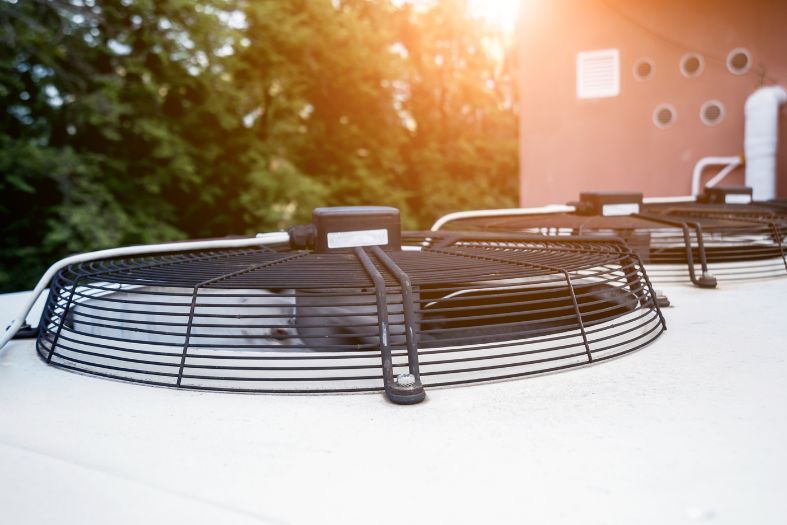
How to Make Sure Your HVAC System Survives Hurricane Season
As hurricane season approaches, homeowners face the daunting task of preparing their properties for potential storms and adverse weather conditions. While most people focus on securing windows, doors, and outdoor equipment, one critical aspect that often gets overlooked is the HVAC system. Your heating, ventilation, and air conditioning (HVAC) system is a significant investment and plays a crucial role in keeping your home comfortable throughout the year. Ensuring its survival during hurricane season is essential to minimize potential damage and maintain a safe and habitable living environment. In this blog post, GEE Heating and Air, your trusted HVAC company, will guide you through the steps to safeguard your HVAC system and protect your home during hurricane season.
Elevate Outdoor Units:
One of the primary threats to HVAC systems during hurricanes is flooding. To prevent water damage, elevate outdoor HVAC units above the potential flood level. If possible, raise the units on a sturdy platform or concrete pad to keep them safe from rising water. Proper elevation can significantly reduce the risk of water entering the system, preventing costly repairs or replacements.
Secure Outdoor Components:
Strong winds and flying debris can pose a significant threat to the outdoor components of your HVAC system. Before a hurricane strikes, inspect the area around your HVAC unit and remove any loose objects or debris that might become projectiles in high winds. Additionally, consider installing a protective cover or fencing around the unit to shield it from potential impacts.
Shut Off Power and Gas:
If a hurricane warning has been issued for your area, turn off the power supply to your HVAC system to prevent potential electrical damage caused by power surges or electrical short circuits. Also, if your HVAC system operates on gas, turn off the gas supply to avoid leaks and ensure the safety of your home.
Protect Indoor Components:
Indoor HVAC components, such as the furnace, air handler, and ventilation system, also need protection during a hurricane. Inspect the areas around these components and remove any items that could potentially fall or cause damage in case of strong winds. Consider using storm shutters or plywood to protect windows and doors near indoor HVAC equipment.
Perform Pre-Hurricane Maintenance:
Before hurricane season begins, schedule a comprehensive maintenance check-up with GEE Heating and Air. Our team of skilled technicians will inspect your HVAC system, clean the outdoor and indoor units, check for any existing issues, and ensure all components are in optimal condition to withstand the storm.
Keep Your HVAC System Covered During the Storm:
If possible, cover your outdoor HVAC unit with a sturdy, waterproof cover during the hurricane. This protective layer can help shield the unit from flying debris, hail, and heavy rain, reducing the risk of damage.
Post-Hurricane Inspection:
After the hurricane passes and it’s safe to venture outside, inspect your HVAC system for any signs of damage. Look for bent fins, debris inside the unit, or loose connections. If you notice any issues, contact GEE Heating and Air for a thorough post-hurricane inspection and necessary repairs.
Preparing your HVAC system for hurricane season is a crucial step in safeguarding your home and ensuring the longevity of your HVAC investment. By following the tips provided in this blog post, you can significantly reduce the risk of damage to your HVAC system during hurricanes. Remember, regular maintenance and inspections by GEE Heating and Air’s experienced technicians are essential for keeping your HVAC system in top-notch condition, ready to face any weather challenges. Stay safe, and let us take care of your HVAC needs!
FAQ
How often should I have my HVAC system serviced?
We recommend scheduling professional maintenance twice a year – before the cooling season (spring) and before the heating season (fall).
What are the signs that my HVAC system needs repairs?
Look out for uneven heating or cooling, strange noises, frequent cycling, higher energy bills, weak airflow, or odd odors.
Can I install a new HVAC system if I already have ductwork?
Yes, if you have existing ductwork, you can install a central HVAC system. Alternatively, consider a ductless mini-split system for greater efficiency.
How can I improve HVAC energy efficiency?
Clean/replace air filters regularly, seal air leaks, use a programmable thermostat, schedule maintenance, consider zoning, and opt for high SEER-rated units.

Table of Contents
More Articles
Categories
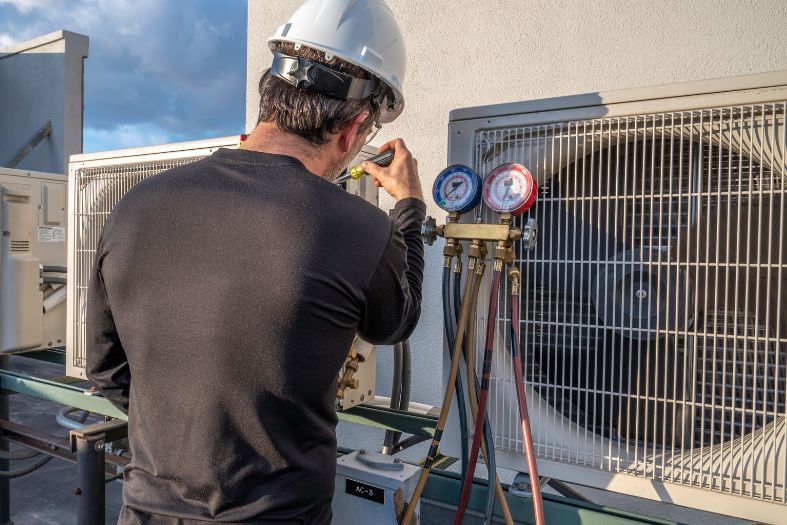
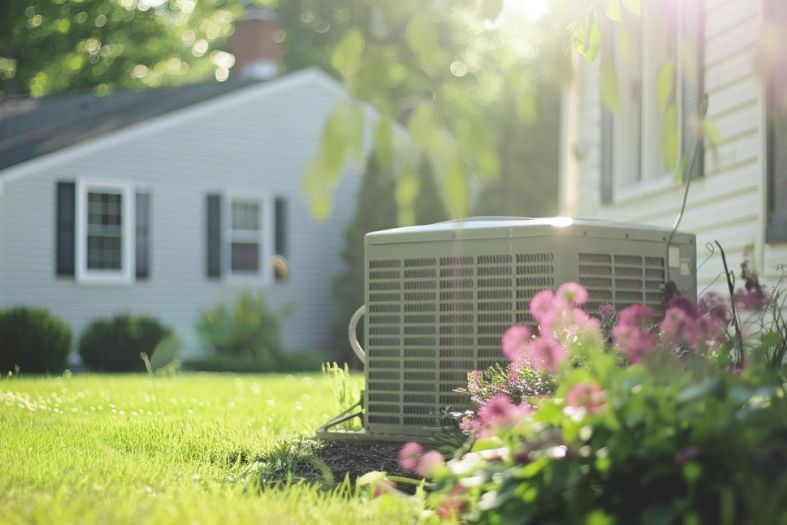
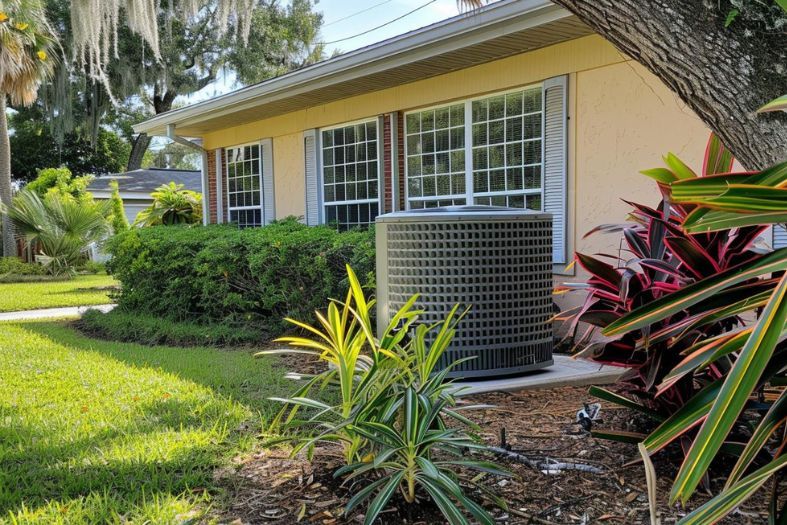
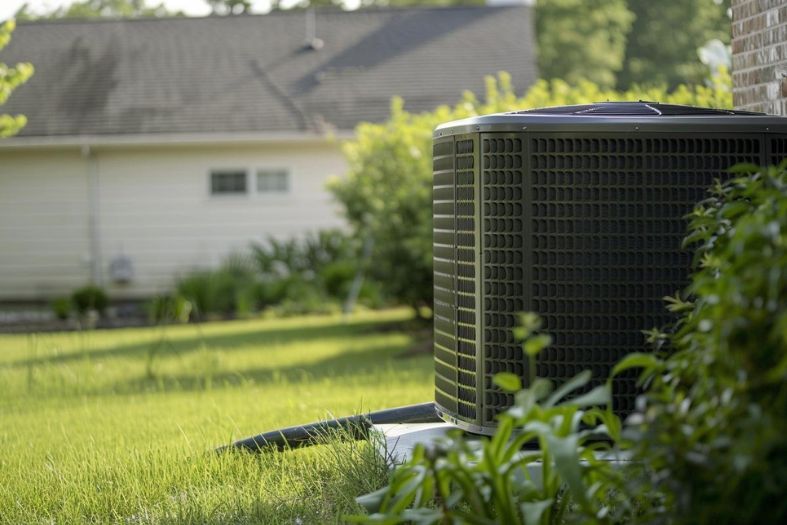
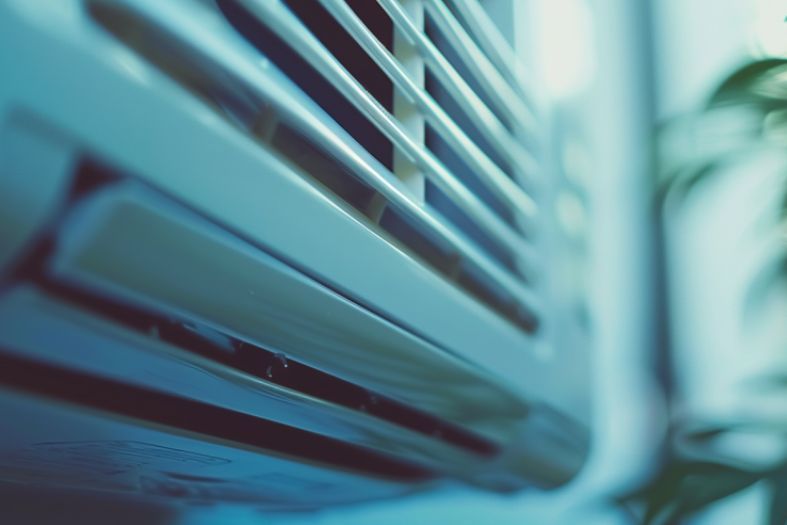

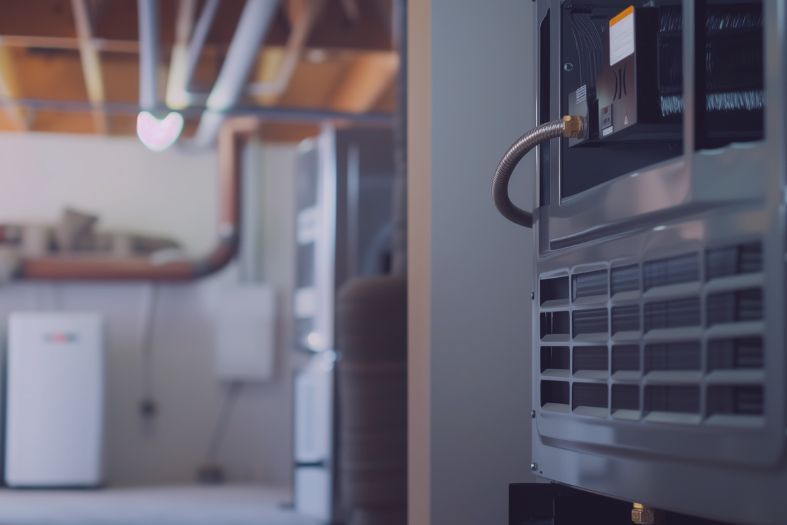
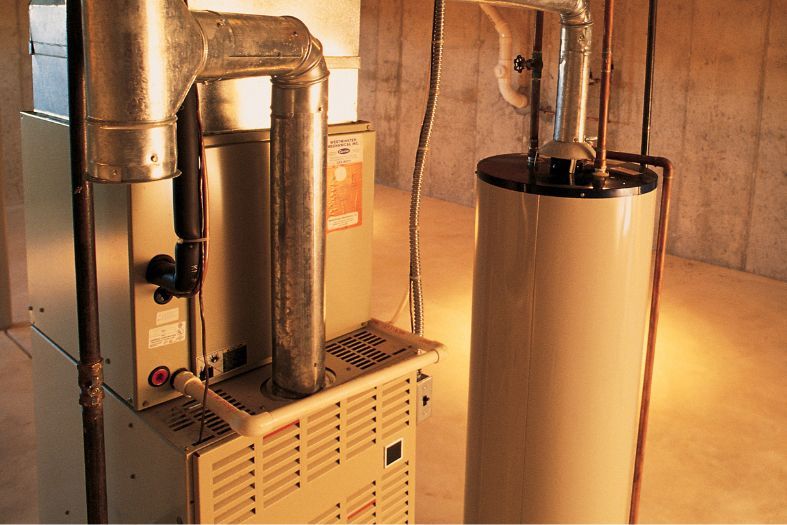
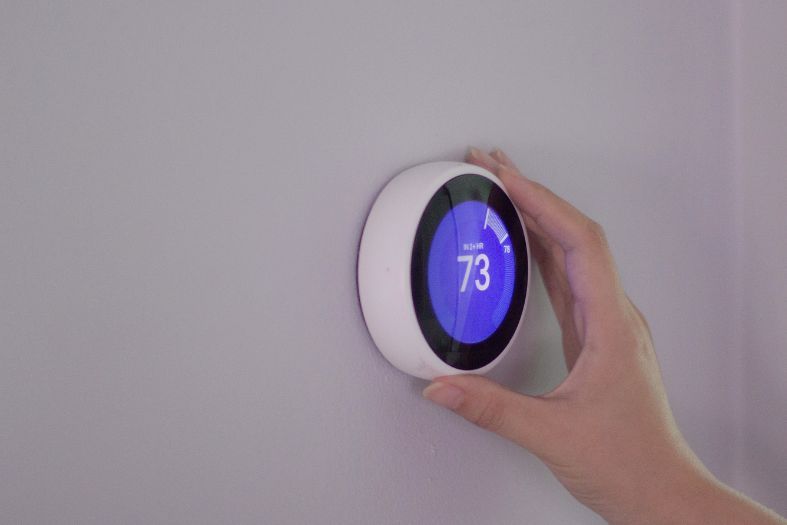
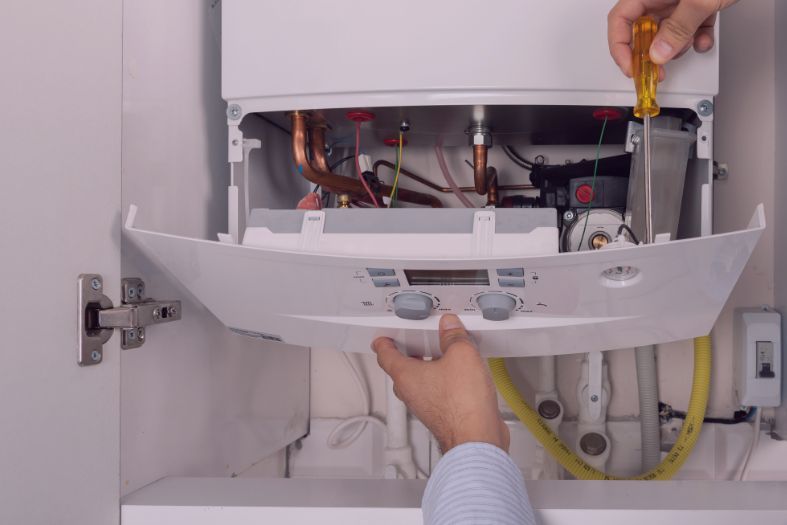
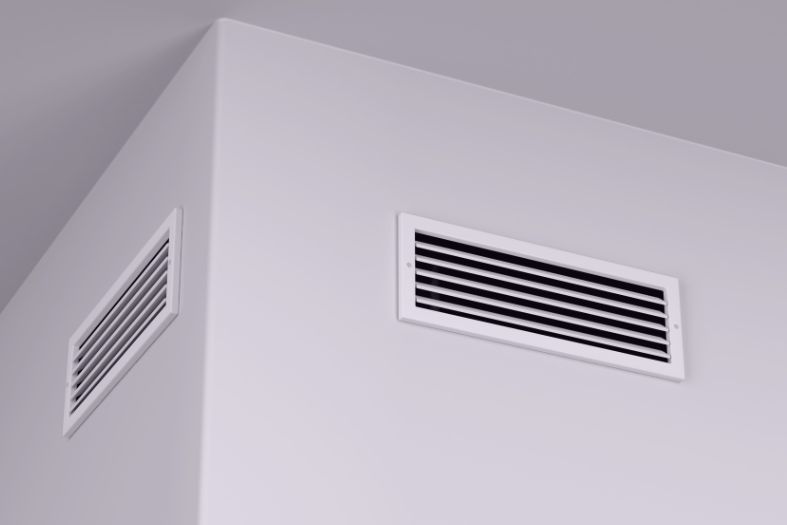
Leave a Reply